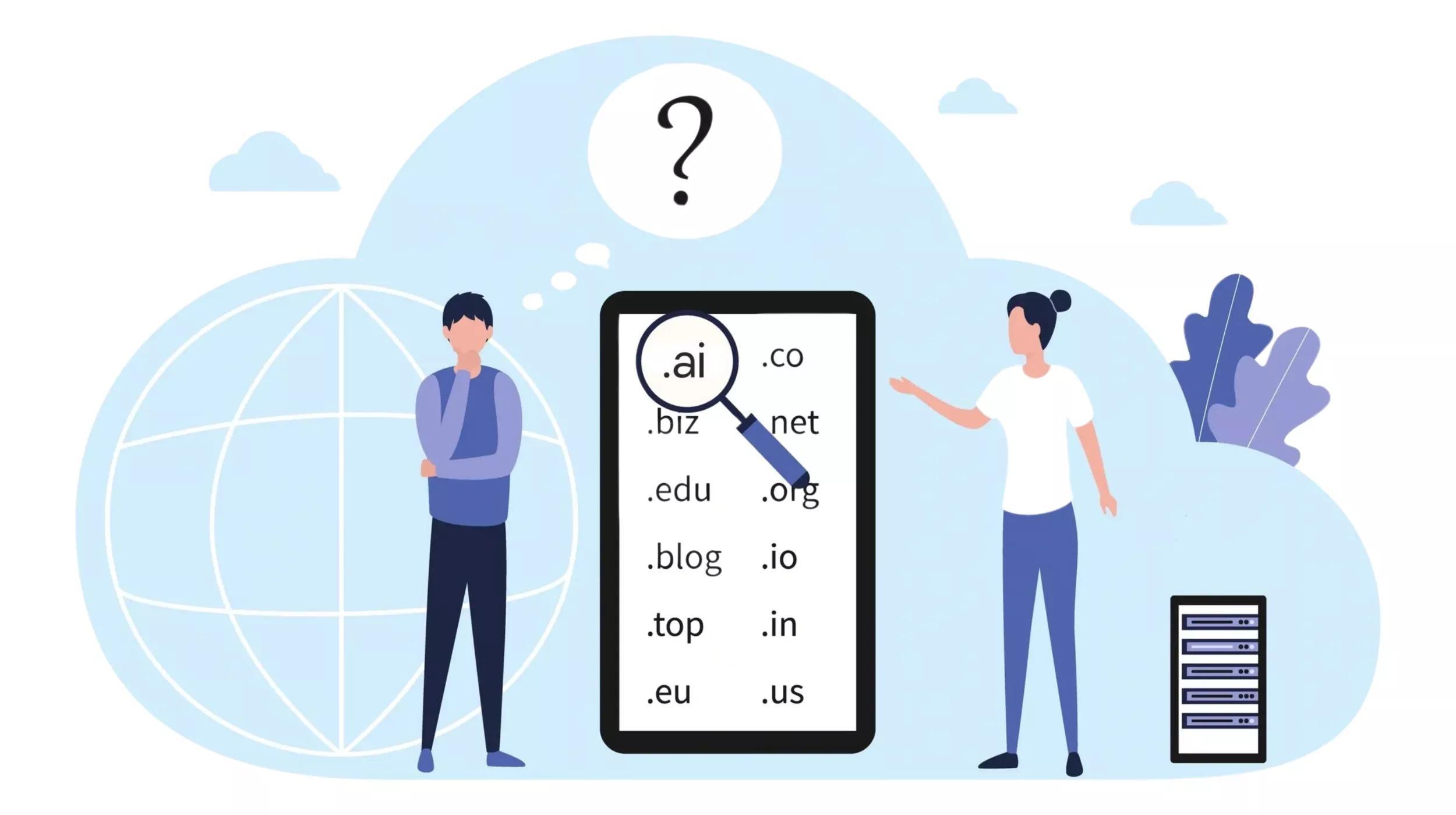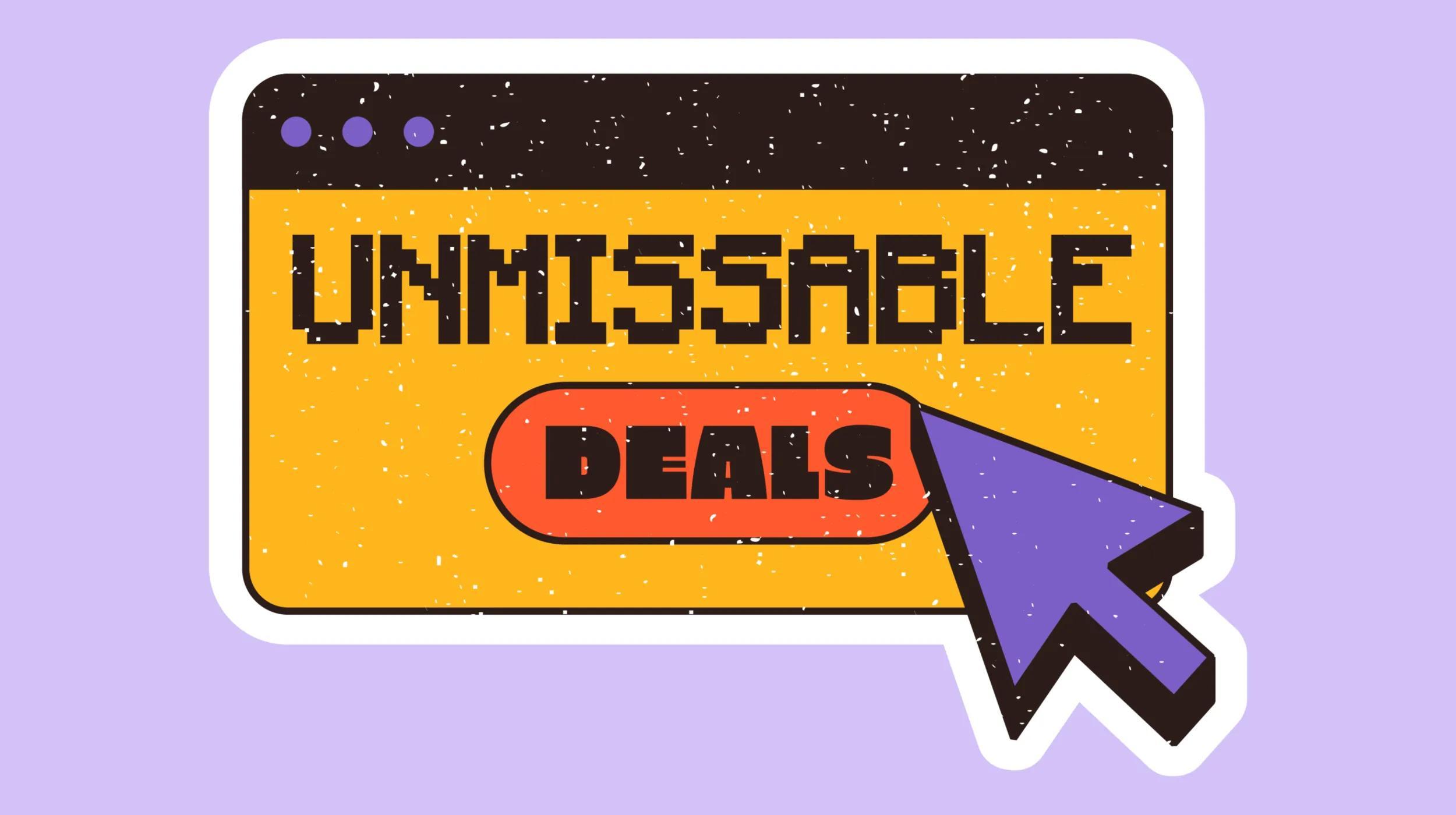Internet marketing for small businesses, often synonymous with digital marketing or online marketing, is the contemporary elixir for brands, products, and services wanting to engage in the vast world of the web.
Here's the magic of the digital age: it's a playground where small businesses can not only compete with the big leagues but sometimes even outshine them with intelligent marketing campaigns.
With potential customers increasingly making their purchasing decisions online, even small business owners can make a global impact. No need for astronomical budgets – just a sharp strategy.
Launch your business in minutes with GoDaddy Airo™
The pulse of the online universe: A robust digital persona
Imagine your online presence as an inviting café on the busiest street of the digital city. With many consumers today scouting online before making a purchase, your digital marketing strategy can make or break the deal.
Crafting a magnetic online presence
- Website design and SEO: Think of your website as your business's heartbeat, with SEO as its pulse. An intuitive, mobile-friendly site, woven with SEO magic, ensures your business isn't just found, but also favored.
- Social media alchemy: Being on social media isn't enough; thriving is what counts. Engage, share, and resonate. Make every post a meaningful conversation.
- Thought leadership through blogs: Offer your audience not just products or services, but wisdom. Regular, insightful blogs paint you as an industry sage, fostering trust and loyalty.
The social media saga: Connecting, convincing, converting
Imagine reaching almost half the global population with your brand story. That's the power of social media. The question isn't whether you should be there, but how well you're narrating your tale through various marketing channels.
Strategies to stun and steer
- Platform mastery: Each social platform is a unique universe. Tailor your social media marketing efforts and medium to match the platform's ethos and audience.
- Content choreography: Mix it up! From quizzes to polls, stories to live sessions – keep your audience hooked and hankering for more, leading them to become new customers.
- Influencer insights: Sometimes, a nudge from influencer marketing can launch your brand into the stratosphere. Collaborate, but ensure authenticity remains king.
Platform mastery: The secret sauce to social media marketing
In terms of internet marketing for small businesses, the concept of 'platform mastery' often comes to the fore. Mastery doesn't just mean having a presence on multiple social media channels; it involves understanding each platform's unique algorithms, audience behavior, and content requirements to strategize accordingly. Here's how to master this art:
Know your audience and the platform's demographics
Different platforms cater to different demographics. For instance, Instagram and Snapchat are generally popular among younger audiences, while LinkedIn is the go-to professional network. Knowing the demographics can help you tailor your content and messaging to suit the platform's specific audience.
Align content strategy with platform strengths
Every platform has a unique selling proposition. Instagram is visual-centric, Twitter is ideal for bite-sized updates, and LinkedIn is perfect for B2B and professional content. Creating content that aligns with each platform's strengths will likely result in higher engagement rates and brand awareness.
Understand the Algorithm
Social media platforms use algorithms to decide which content appears on an individual's feed. These algorithms take into account factors such as engagement rate, content relevance, and timeliness.
Mastering the algorithm means understanding these variables and optimizing your content accordingly. For example, on Facebook, content that encourages interaction (likes, comments, shares) will get more visibility.
Consistency is key, but adaptability is crucial
While maintaining a consistent posting schedule is essential for keeping your audience engaged, adaptability shouldn't be overlooked. Social media platforms frequently update their algorithms and introduce new features (think Instagram Reels or LinkedIn Stories). Being flexible and adapting your strategy to these changes is crucial for platform mastery.
Analytics and metrics
'What gets measured gets managed.' Regularly track performance metrics like engagement rates, click-through rates, and ROI. Tools like Google Analytics, Facebook Insights, and LinkedIn Analytics offer in-depth data that can guide your future strategies.
User interaction
Interaction isn't just about posting content and forgetting about it. It involves actively engaging with your audience—replying to comments, participating in discussions, and even reaching out with direct replies to customer reviews. This not only boosts your content's visibility but also builds a loyal community around your brand.
Experiment and iterate
Don't be afraid to try out new content formats or posting schedules. Use A/B testing to compare different strategies and stick with what works best. Social media is ever-evolving, and the 'trial and error' method is often the best way to discover what resonates with your audience.
By taking the time to master each platform's specific nuances, small businesses can significantly amplify their online presence and effectiveness, not merely exist. Mastery can lead to more meaningful engagements, higher conversion rates, and ultimately, business growth.
SEO: The key to online visibility
In the realm of internet marketing methods for small businesses, SEO is not about being the loudest, but the most relevant. It ensures that when someone's seeking what you offer, the Google search leads to you.
Small business SEO playbook:
- Keyword research: Utilize tools like Google's Keyword Planner to tap into the words and phrases your audience uses to boost search engine optimization.
- On-page vs. Off-page: Harmonize both for a symphonic web presence. It's a dance between perfecting your own pages and getting nods from external sites.
- Local SEO: Be the local hero. Tools like Google My Business can help you shine in local searches and drive tangible traffic.
Email marketing: The unsung hero
In the flurry of new platforms and trends in internet marketing for small businesses, the steady, robust impact of email campaigns stands tall. It promises and delivers unmatched ROI, especially for the vigilant and creative marketer. Email marketing simply will not die.
Email efficacy
- Audience attunement: Segment and personalize. Make every message on your email list feel like it was crafted just for the receiver.
- Content craft: Compel with the subject, captivate with content. Keep them opening, reading, and craving for more.
- Test and triumph: A/B testing isn't about splitting hairs. It's about understanding what makes your target audience respond to email marketing.
Content: The everlasting emperor
"Content is King", was not just a prediction but a perennial truth. The right content can inform, intrigue, and inspire.
Content creation that counts
- Audience anthropology: Dive deep into your audience's psyche. Address their curiosities, concerns, and aspirations.
- Vibrant visuals: A picture speaks a thousand words; a video, even more. Enrich your content with visuals that complement and elevate.
- Evolving encyclopedia: The digital world is dynamic. Regularly refresh your content to keep it timely, topical, and treasured.
Content publishing frequency:
1. Websites/blogs:
- Frequency: Ideally, you should aim for at least one new post per week. Consistency is crucial here. Regular updates can significantly boost SEO, improve audience engagement, and solidify your position as an industry thought leader.
2. Social media platforms:
- Facebook & LinkedIn: 3-4 times a week.
- Twitter: At least once a day or more due to its fast-paced nature.
- Instagram & TikTok: 1-3 times a day for Stories; 3-4 times a week for feed posts.
- Pinterest: 3-5 pins daily.
3. Email newsletters:
- Frequency: Once a week for regular updates or bi-weekly/monthly for more comprehensive newsletters. Remember, the emphasis should be on providing value, not just volume.
4. Video platforms (like YouTube):
- Frequency: Weekly or bi-weekly. High-quality, engaging content is vital here, so it's more about the quality than the quantity.
Note: The above recommendations are general. The ideal frequency can vary based on industry, target audience, and specific goals. Always monitor analytics to see what works best for your audience and adjust accordingly.
Summing up digital marketing for small businesses
The transformation from understanding the digital zeitgeist to leveraging tools like SEO, social media, and content marketing is a journey from being present to being prominent.
The online realm isn't a challenge; it's an opportunity waiting to be seized. It's not about the size of the business but the size of the digital marketing strategy employed by the entrepreneur.
Delve into data, dance with your audience, and don't fear to pivot when needed. The digital stage is set, and it's your time to shine. Witness your humble venture grow, thrive, and conquer the vast digital dominions.







